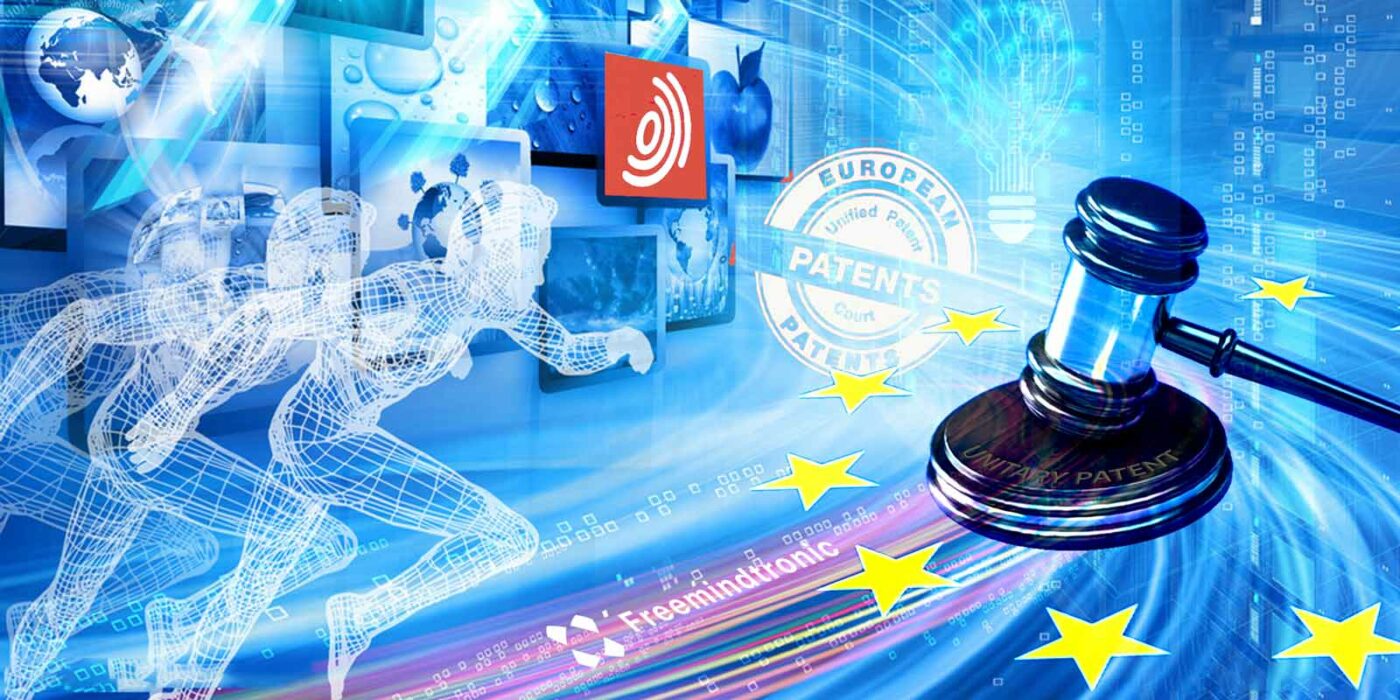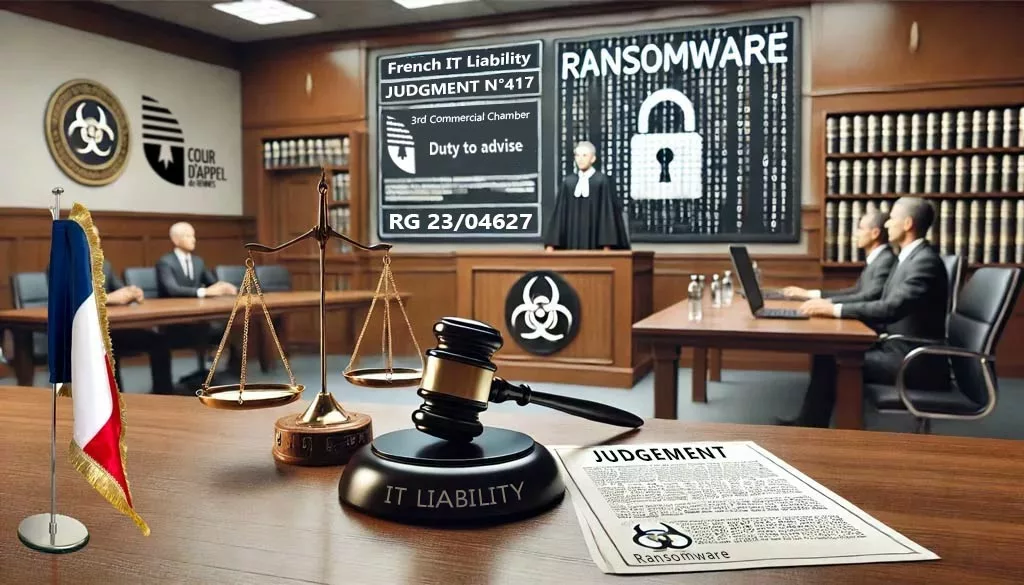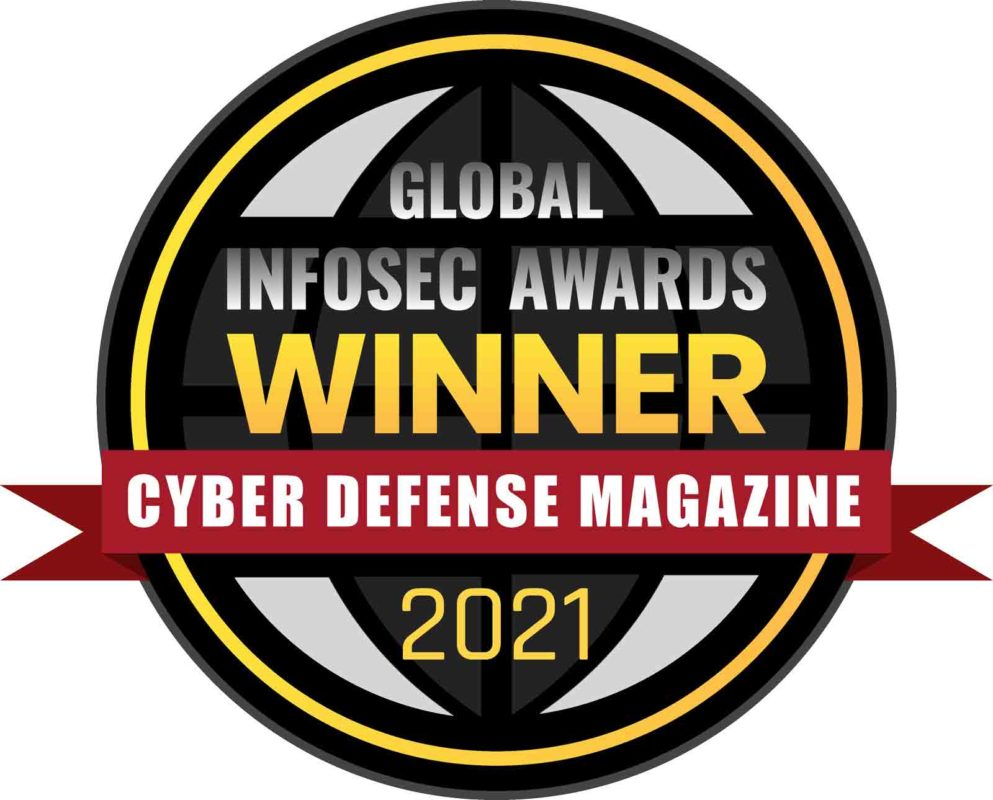Unitary patent system by Jacques Gascuel: This article will be updated with any new information on the topic.
Why some EU countries don’t want the unitary patent
The unitary patent system promises to simplify and unify patent protection in Europe. But not all EU countries are on board. Discover why some countries like Spain have opted out and what it means for inventors.
Why some EU countries are not on board
What is the unitary patent?
The unitary patent is a new scheme that allows inventors and innovative companies to protect their inventions in 17 EU member states by filing a single request to the European Patent Office (EPO) 1. It is an alternative option to the classical European patent, which requires individual validation and maintenance in each country where the patent holder wants to benefit from protection 1. The unitary patent entered into force on 1 June 2023, after the ratification of the Agreement on a Unified Patent Court (UPC Agreement) by 17 states participating in enhanced cooperation 2. It is expected that more EU states will join this scheme in the future 1.
The unitary patent is based on the European patent granted by the EPO under the rules of the European Patent Convention (EPC), so nothing changes in the pre-grant phase and the same high standards of quality search and examination apply. After a European patent is granted, the patent holder can request unitary effect, thereby obtaining a European patent with unitary effect (unitary patent) that provides uniform protection in initially 17 EU member states.
What is the current status of the unitary patent?
The unitary patent system is a new scheme that allows inventors and innovative companies to protect their inventions in 17 EU member states by filing a single request to the European Patent Office (EPO) . It is an alternative option to the classical European patent, which requires individual validation and maintenance in each country where the patent holder wants to benefit from protection . The unitary patent is expected to start in early 2023, after the ratification of the Agreement on a Unified Patent Court (UPC Agreement) by 17 states participating in enhanced cooperation . It is expected that more EU states will join this scheme in the future.
The UPC Agreement
The UPC Agreement is an international treaty that establishes the Unified Patent Court (UPC), a supranational specialised court that will have exclusive jurisdiction to settle disputes relating to unitary patents and European patents . The UPC Agreement was signed by 25 EU member states in 2013, but it requires the ratification by at least 13 states, including France, Germany and Italy, to enter into force.
As of June 2021, 16 states have ratified the UPC Agreement, including France and Italy . Germany has also ratified the UPC Agreement in December 2020, but its ratification is pending before the German Constitutional Court, which has received two constitutional complaints against it . The German government has expressed its intention to deposit its instrument of ratification as soon as possible after the resolution of these complaints . The UK, which was initially one of the mandatory ratifying states, has withdrawn from the unitary patent system after leaving the EU in 2020.
The main obstacle and challenges
The main remaining obstacle for the implementation of the unitary patent system is therefore the outcome of the German constitutional complaints. If they are dismissed or overcome, Germany could deposit its instrument of ratification and trigger the entry into force of the UPC Agreement within three months . However, if they are upheld or delayed, Germany could be prevented from joining the unitary patent or cause further uncertainties and complications for its launch.
Other challenges for the implementation of the unitary patentinclude the practical and logistical arrangements for the operation of the Unified Patent Court, such as the recruitment and training of judges, the establishment of IT systems and facilities, and the adoption of procedural rules and guidelines . Moreover, some legal and political issues may arise from the withdrawal of the UK from the unitary patent, such as the impact on the linguistic regime of the unitary patent, the distribution of the workload and the cases among the different divisions of the Unified Patent Court, and the compatibility of the UPC Agreement with EU law.
What are the advantages?
The unitary patent system offers several advantages for inventors and innovative companies who want to protect their innovations in the EU. Among these advantages, we can mention:
- The simplification of the procedure: the patent holder no longer needs to carry out complex and costly procedures with national offices to validate their European patent in each country 1.
- They only need to request unitary effect from the EPO, which is their single interlocutor 2.
- The reduction of costs: the patent holder no longer has to pay validation fees, translation fees, representation fees or annual national fees to keep their patent in force in the countries covered by the unitary patent 1.
- They only pay a single annual fee to the EPO, which is calculated according to a progressive scale 3.
- The legal certainty: the patent holder benefits from a uniform protection in all countries where the unitary patent takes effect, without risk of fragmentation or divergence between national rights 1.
- They can also enforce their rights before a supranational specialised court, the Unified Patent Court (UPC), which has exclusive jurisdiction to settle disputes relating to infringement and validity of unitary patents.
How does the unitary patent compare with other patent systems?
The unitary patent system is not the only option for obtaining patent protection in multiple countries. There are other regional or international patent systems that offer different advantages and disadvantages for inventors and innovative companies. Here are some examples:
The European Patent Convention (EPC)
The EPC is an international treaty that allows applicants to file a single application at the European Patent Office (EPO) and obtain a European patent that can be validated in up to 38 contracting states . The EPC is not affected by the unitary patent system and will continue to operate in parallel with it. The EPC offers more flexibility than the unitary patent, as applicants can choose which countries they want to validate their European patent in. However, it also involves more costs and formalities than the unitary patent, as applicants have to pay validation fees, translation fees and annual national fees in each country where they want to maintain their European patent.
The Patent Cooperation Treaty (PCT)
The PCT is an international treaty that allows applicants to file a single international application at a national or regional office and obtain an international search report and a preliminary examination report on their invention . The PCT does not grant patents directly, but facilitates the entry into national or regional phases in up to 153 contracting states . The PCT offers more time than the unitary patent system, as applicants can delay their decision on which countries they want to pursue their patent protection in for up to 30 or 31 months from the priority date . However, it also involves more complexity than the unitary patent, as applicants have to comply with different requirements and procedures in each country where they enter the national or regional phase.
The Eurasian Patent Convention (EAPC)
The EAPC is an international treaty that allows applicants to file a single application at the Eurasian Patent Office (EAPO) and obtain a Eurasian patent that can be validated in up to 8 contracting states . The EAPC is not related to the unitary patent system and operates independently from it. The EAPC offers more simplicity than the unitary patent, as applicants do not have to pay any validation fees or translation fees in the countries where they want to validate their Eurasian patent . However, it also involves more risk than the unitary paten system, as applicants cannot opt out of the jurisdiction of the Eurasian Court of Patent Disputes, which can invalidate their Eurasian patent in all contracting states.
How Freemindtronic’s international patents are related to the unitary patent
Freemindtronic is an Andorran company that creates innovative solutions for security, cyber-security and counter-espionage, using contactless technology (NFC). We have several inventions that are protected by international patents in the fields of embedded systems, access control and segmented key authentication. For example, our patented technologies EviCore NFC HSM, which manage encryption keys in an NFC HSM device, EviCore HSM OpenPGP, which manage encryption keys in a security element of phones, EviVault NFC HSM Cold Wallet operating without contact, EviKey NFC a contactless secured USB key and the technology EviCypher NFC HSM which encrypts all types of data. These technologies implement our patents and especially the one based on the segmented key authentication system. The latter received the gold medal of international inventions of Geneva 2021.
Our patent options
Our patents are based on the European patent granted by the European Patent Office (EPO) under the rules of the European Patent Convention (EPC). Therefore, we could benefit from the unitary patent system, which is a new scheme that allows inventors and innovative companies to protect their inventions in 17 EU member states by filing a single request to the EPO. However, we would also have to consider the disadvantages and risks of the unitary patent, such as the risk of total invalidation, the lack of flexibility and the exclusion of some countries. Moreover, we would have to deal with the legal issues of the unitary patent for non-participating countries, such as cross-border infringement cases and jurisdictional conflicts.
Our patent strategy
We have opted for the unitary patent only for our segmented key authentication system, and we have added some non-participating countries to our other European patents. The reasons behind this choice are related to our market strategy, our innovation potential and our risk assessment. For instance, we have decided to use the unitary patent for our segmented key authentication system because we consider it as our core invention and we want to protect it in a uniform and effective way in most EU countries. On the other hand, we have decided to add some non-participating countries to our other European patents because we want to preserve our flexibility and avoid possible invalidation challenges in those countries.
Conclusion
Our international patents are relevant examples of how the unitary patent system can affect inventors and innovative companies in Europe, both positively and negatively. They illustrate the opportunities and challenges that the unitary patent poses for innovation and competitiveness in the EU.
How can legal issues of the unitary patent for non-participating countries be resolved?
The legal issues of the unitary patent system for non-participating countries are complex and not yet fully resolved. One of the main questions is how to deal with cross-border infringement cases involving unitary patents and national patents. For instance, if an inventor from a non-participating country, such as Spain, wants to enforce his rights on his classic European patent in a participating country, such as France, where a unitary patent holder claims to infringe his patent, which law should he consider? Well, the question is not easy to answer, because he will have to take into account many international standards. In the end, this very important aspect will be “subjected” to a very complex situation that will necessarily be defined with the successive application of the law.
Another question is how to ensure a fair balance between the rights and obligations of unitary patent holders and national patent holders in non-participating countries. For example, if a unitary patent holder wants to enforce their rights in a non-participating country, such as Poland, where a national patent holder is allegedly infringing their patent, which court should they go to? Well, the answer is not clear, as it will depend on the interpretation and application of various international agreements. In principle, the unitary patent holder should go to the national court of Poland, but they may face some difficulties or disadvantages in comparison with the national patent holder, such as higher costs, longer procedures or different standards of proof.
One possible way to resolve these legal issues is to harmonise the rules and practices of the unitary patent and the national patent systems in Europe. This could be achieved by adopting common standards and guidelines for patent examination, grant, validity and enforcement, as well as by establishing mechanisms for cooperation and coordination between the UPC and the national courts. Another possible way is to extend the scope and coverage of the unitary patent and the UPC to all EU member states and other EPC contracting states. This could be achieved by encouraging and facilitating their participation in the enhanced cooperation and ratification of the UPC Agreement.
However, these solutions may face some practical and political challenges, such as the lack of consensus or willingness among the different stakeholders, the respect for national sovereignty and diversity, or the compatibility with EU law and international obligations. Therefore, it is important that the unitary patent and its legal implications are carefully monitored and evaluated, and that its benefits and drawbacks are balanced and communicated to all parties involved.
What are the disadvantages?
The unitary patent system is not without disadvantages for some actors in the patent market. Among these disadvantages, we can mention:
- The risk of total invalidation: the patent holder faces the possibility that their patent will be cancelled in all countries where it takes effect, if the UPC finds that it does not meet the requirements of patentability. They do not have the possibility to limit or amend their patent to avoid this fatal outcome.
- The lack of flexibility: the patent holder cannot choose the countries where they want to protect their invention, nor renounce their patent in some countries to avoid paying fees or to circumvent legal obstacles. They must accept or refuse unitary effect as a whole.
- The exclusion of some countries: the patent holder cannot benefit from protection in all EU member states, since some countries have decided not to participate in the unitary patent or have not yet ratified the UPC Agreement 1.
- This is notably the case of Spain, which is one of the few EU countries that does not intend to be part of the unitary patent
What are the best practices or strategies for using or avoiding the unitary patent?
The unitary patent system offers a new opportunity for inventors and innovative companies who want to protect their inventions in Europe. However, it also poses some challenges and risks that need to be carefully considered. Depending on their needs and goals, they may decide to use or avoid the unitary patent, or to combine it with other patent systems. Here are some factors to consider when making this decision:
The scope of protection
The unitary patent system provides a uniform protection in 17 EU member states, which may cover a large part of the European market. However, it does not cover all EU member states, nor non-EU countries that are part of the EPC or the PCT. Therefore, inventors and innovative companies should assess whether the unitary patent covers their target markets, or whether they need to seek additional protection in other countries.
The cost of protection
The unitary patent reduces the cost of protection in Europe, as it eliminates the need to pay validation fees, translation fees and annual national fees in each country where the unitary patent takes effect. However, it also introduces a single annual fee for the unitary patent, which is calculated according to a progressive scale . Therefore, inventors and innovative companies should compare the cost of the unitary patent with the cost of other patent systems, and consider whether they need protection in all countries covered by the unitary patent, or whether they can save money by choosing a smaller number of countries.
The risk of invalidation
The unitary patent increases the risk of invalidation in Europe, as it exposes the unitary patent to a single challenge before the UPC, which can invalidate it in all countries where it takes effect. Moreover, the UPC is a new court that may have some uncertainties and inconsistencies in its interpretation and application of the law. Therefore, inventors and innovative companies should evaluate the strength and validity of their inventions, and consider whether they want to avoid this risk by opting out of the UPC for their European patents, or by using other patent systems that allow them to limit or amend their patents in case of invalidation challenges.
The enforcement of rights
The unitary patent facilitates the enforcement of rights in Europe, as it allows the holders of unitary patents to sue infringers before the UPC, which can grant pan-European injunctions and damages. However, it also exposes them to counterclaims for invalidity before the UPC, which can invalidate their unitary patents in all countries where they take effect. Therefore, inventors and innovative companies should assess the likelihood and impact of infringement and invalidity actions, and consider whether they want to benefit from this facilitation by opting in to the UPC for their European patents, or whether they want to retain more control over their litigation strategy by using national courts or other patent systems.
Why do some EU countries not want to join the unitary patent
The reasons for some EU countries’ exclusion from the unitary patent are diverse. Spain, for example, considers that the linguistic regime of the unitary patent, which relies on the three official languages of the EPO (English, French and German), is discriminatory and harms its economic and cultural interests. It believes that Spanish, which is the second most spoken native language in the world, should be recognised as an official language of the unitary patent, or at least, that the holders of unitary patents should be required to provide a full translation in Spanish of their patents. It also fears that the unitary patent will strengthen the dominant position of the English-speaking and German-speaking countries in the field of innovation and will reduce the development opportunities of Spanish companies.
Croatia, on the other hand, has not joined enhanced cooperation for setting up the unitary patent, because it joined the EU after the launch of this initiative. However, it has expressed its interest in joining the unitary patent in the future.
Poland and the Czech Republic have participated in enhanced cooperation, but have not signed or ratified the UPC Agreement, which is a prerequisite for being part of the unitary patent 2. These countries have invoked economic and legal reasons to justify their withdrawal. Poland has estimated that the unitary patent would have a negative impact on its national budget and on its competitiveness. The Czech Republic has expressed doubts about the compatibility of the unitary patent with EU law and about the quality of automatic translations .
Slovakia has also participated in enhanced cooperation, but has opposed the regulation on the unitary patent and has challenged it before the Court of Justice of the EU (CJEU). It has argued that the regulation was contrary to the principle of equal treatment between the member states and the official languages of the EU. It has also questioned the legal basis of the regulation and its respect for national competences in the field of industrial property. The CJEU rejected its request in 2015.
Hungary has ratified the UPC Agreement in 2018, but has denounced it in 2020, following a decision of its Constitutional Court that declared that the Agreement was incompatible with its Constitution. The Court considered that the Agreement infringed on Hungary’s sovereignty in the matter of intellectual property and that it violated the principle of separation of powers by entrusting the settlement of disputes relating to patents to a supranational court not integrated into the Hungarian judicial system.
Here is a table that summarizes that gives the list of European countries that accept the unitary patent and the European countries that have excluded themselves from the unitary patent:
| Country | Status | Reason |
|---|---|---|
| Germany | Accepts | Participates in enhanced cooperation and has ratified the UPC Agreement |
| Austria | Accepts | Participates in enhanced cooperation and has ratified the UPC Agreement |
| Belgium | Accepts | Participates in enhanced cooperation and has ratified the UPC Agreement |
| Bulgaria | Accepts | Participates in enhanced cooperation and has ratified the UPC Agreement |
| Cyprus | Accepts | Participates in enhanced cooperation and has ratified the UPC Agreement |
| Croatia | Excluded | Has not joined enhanced cooperation |
| Denmark | Accepts | Participates in enhanced cooperation and has ratified the UPC Agreement |
| Spain | Excluded | Has opposed enhanced cooperation and has challenged the linguistic regime of the unitary patent |
| Estonia | Accepts | Participates in enhanced cooperation and has ratified the UPC Agreement |
| Finland | Accepts | Participates in enhanced cooperation and has ratified the UPC Agreement |
| France | Accepts | Participates in enhanced cooperation and has ratified the UPC Agreement |
| Greece | Accepts | Participates in enhanced cooperation and has ratified the UPC Agreement |
| Hungary | Excluded | Has ratified the UPC Agreement but has denounced it following a decision of its Constitutional Court |
| Ireland | Accepts | Participates in enhanced cooperation but has not yet ratified the UPC Agreement |
| Italy | Accepts | Participates in enhanced cooperation and has ratified the UPC Agreement |
| Latvia | Accepts | Participates in enhanced cooperation and has ratified the UPC Agreement |
| Lithuania | Accepts | Participates in enhanced cooperation and has ratified the UPC Agreement |
| Luxembourg | Accepts | Participates in enhanced cooperation and has ratified the UPC Agreement |
| Malta | Accepts | Participates in enhanced cooperation and has ratified the UPC Agreement |
| Netherlands | Accepts | Participates in enhanced cooperation and has ratified the UPC Agreement |
| Poland | Excluded | Participates in enhanced cooperation but has not signed or ratified the UPC Agreement |
| Portugal | Accepts | Participates in enhanced cooperation and has ratified the UPC Agreement |
| Czech Republic | Excluded | Participates in enhanced cooperation but has not signed or ratified the UPC Agreement |
| Romania | Accepts | Participates in enhanced cooperation but has not yet ratified the UPC Agreement |
| Slovakia | Excluded | Has opposed enhanced cooperation and has challenged the regulation on the unitary patent |
| Slovenia | Accepts | Participates in enhanced cooperation and has ratified the UPC Agreement |
| Sweden | Accepts | Participates in enhanced cooperation and has ratified the UPC Agreement |
What are the consequences of these countries’ exclusion from the unitary patent?
The exclusion of these countries from the unitary patent has consequences for both the holders of unitary patents and the national patent holders in these countries. For the holders of unitary patents, this means that they cannot protect their inventions in these countries through the unitary patent, but they have to resort to the classical European patent or the national patent . They therefore have to bear the costs and formalities related to the validation and maintenance of their patent in these countries, as well as the risks of a fragmented protection and legal uncertainty . For the national patent holders in these countries, this means that they cannot benefit from the advantages of the unitary patent, but they have to face the increased competition of the holders of unitary patents in the other EU countries . They also have to adapt to the rules and procedures of the UPC, which can be seized by the holders of unitary patents to assert their rights against them or to challenge the validity of their classical European patents .
What are the legal issues of the unitary patent for non-participating countries?
The legal issues of the unitary patent system for non-participating countries are complex and not yet fully resolved. One of the main questions is how to deal with cross-border infringement cases involving unitary patents and national patents. For example, if an inventor from a non-participating country, such as Spain, wants to exercise their rights on their classical European patent in a participating country, such as France, where a unitary patent holder is allegedly infringing their patent, which law should they take into account? Well, the question is not easy to answer, as it will have to take into account many international norms. In the end, this very important aspect will be “subjected” to a very complex situation that will necessarily be defined with the successive application of the law.
Another question is how to ensure a fair balance between the interests of the holders of unitary patents and those of national patent holders in non-participating countries. For instance, if a national patent holder in Spain wants to challenge the validity of a unitary patent that covers an invention similar to theirs, how can they do so without having to go before the UPC, which may not be accessible or convenient for them? Conversely, if a unitary patent holder wants to enforce their rights against a national patent holder in Spain who is allegedly infringing their patent, how can they do so without having to go before a national court that may not be familiar or favourable with the unitary patent? These questions raise issues of jurisdiction, recognition and enforcement of judgments, as well as substantive law harmonisation.
These legal issues are likely to generate uncertainty and litigation for both unitary patent holders and national patent holders in non-participating countries. They may also create barriers and distortions in the internal market and affect innovation and competitiveness. Therefore, it is desirable that these issues are addressed and clarified as soon as possible, either by legislative or judicial means.
Conclusion
The unitary patent is a new scheme that offers a simplified, economical and uniform protection in 17 EU member states. It is accompanied by a Unified Patent Court, which has exclusive jurisdiction to settle disputes relating to unitary patents. The unitary patent has advantages and disadvantages for inventors and innovative companies, depending on their strategy and market. Spain is one of the few EU countries that does not intend to join the unitary patent, mainly for linguistic reasons. Its exclusion has consequences for both unitary patent holders and Spanish actors in the patent market. The unitary patent also raises legal issues for non-participating countries, which are not yet fully resolved.
In conclusion, the unitary patent system is a major innovation in the field of intellectual property in Europe, but it also poses significant challenges for its implementation and acceptance. It aims to foster innovation and competitiveness in the EU, but it also creates disparities and conflicts between participating and non-participating countries. It offers a simplified and uniform protection for inventors and innovative companies, but it also exposes them to risks and uncertainties in cross-border litigation. It is therefore important that the unitary patent is carefully monitored and evaluated, and that its benefits and drawbacks are balanced and communicated to all stakeholders.
(1) https://www.epo.org/applying/european/unitary/unitary-patent.html
(2) https://www.epo.org/applying/european/unitary.html
(3) https://www.gov.uk/guidance/the-unitary-patent-and-unified-patent-court












